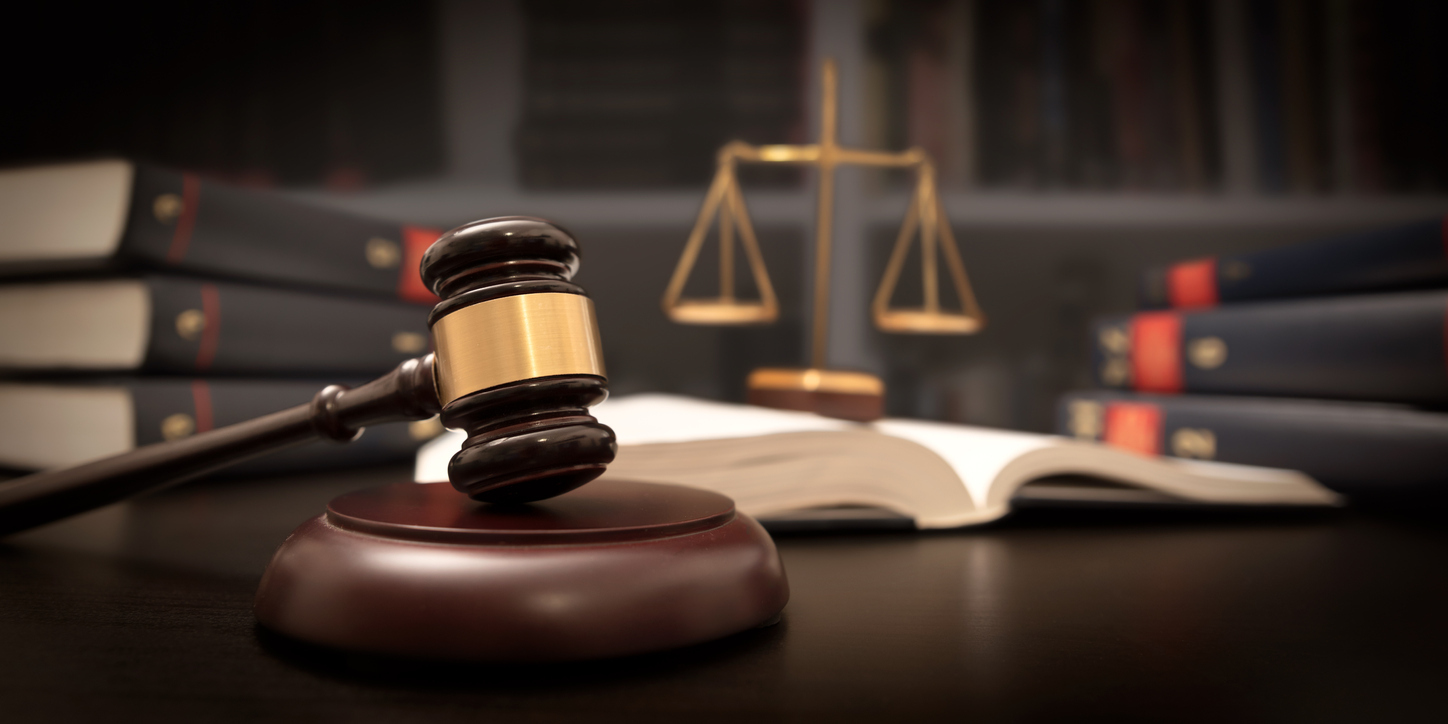Understanding A Law’s Purpose

Because legislation is the product of a deliberative and informed process, it has discernible purposes and objectives. Lawyers and judges utilize tools to examine a statute’s purpose and establish the legislature’s intent for enacting the statute. Once the legislative intent has been established, it may be used to understand and interpret a statute’s meaning.
Many statutes begin with a preamble or purpose clause, which may provide guidance in discerning the intent of the legislature where the statute may be ambiguous. Lawyers faced with choosing between different plausible interpretations may refer to the statute’s purpose to make a final decision. However, where a court finds that the terms of the statute are clearly expressed in the part of the statute under analysis, the preamble or purpose clauses may not support a contrary interpretation.
A statute’s legislative history may provide helpful guidance in determining the intent of a legislature and the meaning of any ambiguous statutory language. However, all legislative history is not created equal, and different weight should be given to different documents to reflect the legislative process, its rules, and the internal hierarchy of communications. Some judges suggest placing more weight on conference committee reports and committee reports.
Proponents of the canon, “the words of a governing text are of paramount concern, and what they convey, in their context, is what the text means.” The use of any extratextual sources, such as legislative history, is rejected, and purpose must be determined from the text alone. The premise of this principle is that context includes the purpose of the text, and the subject matter of the document helps give the words meaning; therefore, the purpose must be derived from the text.
Finally, lawyers should focus on a textually permissible interpretation that furthers rather than obstructs the document’s purpose so that a text’s manifest purpose is furthered, not hindered. Legislation is a purposive act, and lawyers and judges must construe statutes to execute this legislative purpose.
The California Desert Trial Academy (CDTA) brings legal education home. We’re on the cutting edge of modern, progressive 21st Century legal education. The use of distance learning in legal education is rapidly increasing. While many law schools have been slow to incorporate distance learning into their curriculums, the CDTA has implemented new, innovative ways of teaching students how to be attorney advocates. Call us today at (760) 342-0900 or find out more online here.


